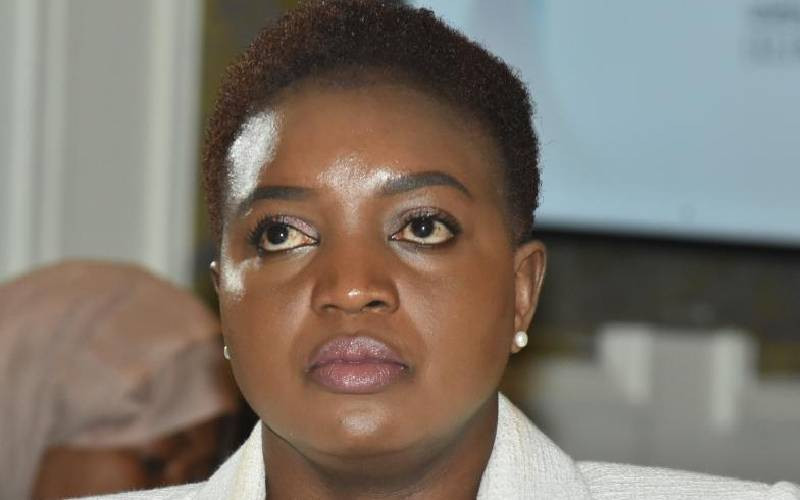×
The Standard e-Paper
Kenya’s Boldest Voice

Provision of health services is among functions that were devolved to counties under the 2010 Constitution.
Consequently, the 47 devolved units were put in charge of key management functions such as planning, budgeting and financial management, human resources and provision of emergency medicines and medical supplies.